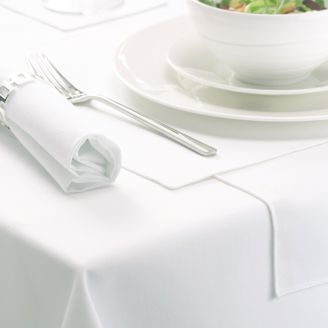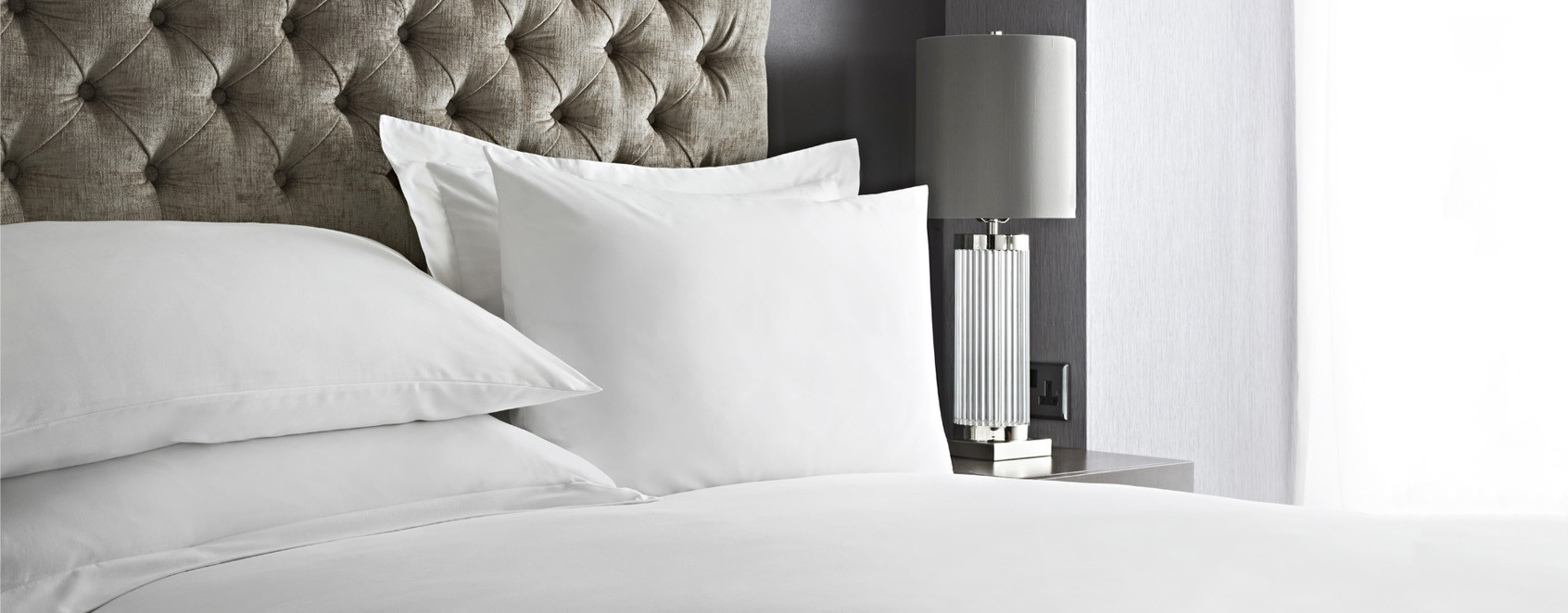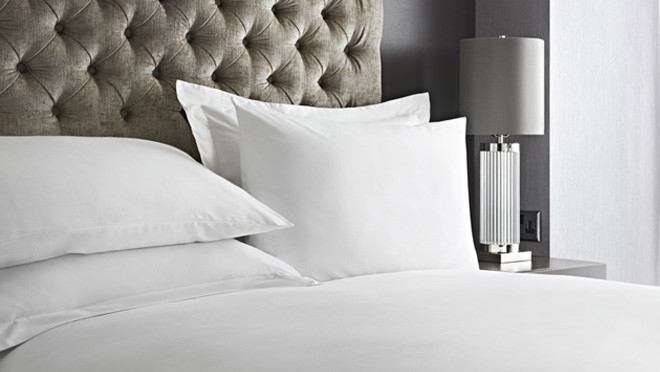We use cookies to make your experience better. To comply with the new e-Privacy directive, we need to ask for your consent to set the cookies. Learn more.
How to wash & maintain Tablecloths fit for a restuarant
A room full of tablecloth-covered tables in a restaurant really does signify a touch of class. Crisp tablecloths and napkins that are pristine and white gives an instant impression of a professional establishment and helps draw passing trade into a restaurant. Table linen of course can be expensive but this is one area when skimping on price is definitely not a good idea. High-quality tablecloths will last longer and will be easier to take care of than cheaper options. It is also important of course to treat your table linen carefully and make sure it is laundered properly. White tablecloths and napkins that look fine from a distance but reveal themselves to be grubby and stained upon closer inspection may persuade that restaurant's clientele to decide against making a return visit.
What type of Tablecloth?
There are three main choices when it comes to table linen fabric, namely 100% cotton and 100% texturised polyester. Cotton typically is more expensive and textured polyester the least, but high quality texturised polyester, such as the Amalfi Tablecloth range, can both look and feel as good as cotton and last significantly longer, making them a highly effective and cost-effective solution.
It is best that a restaurant makes a singular choice when it comes to their tablecloths and other table linen. Cotton, poly-cotton and polyester all needs to be washed separately, therefore a mix of linen materials will take longer to clean and cost more in laundry bills. If washed together, particles of cotton adhere themselves to the polyester, giving the polyester tablecloths a unattractive appearance.
Always wash before use
It is important that any table linen is washed thoroughly before first use. The manufacturing process of the tablecloths may leave traces of dye behind that needs to be removed, plus that first wash increases the tablecloth's resistance to stains. In the case of the Signature Tablecloth range as mentioned above, a first wash activates the soft-touch finish and stain release properties, making sure the textured polyester feels like cotton and hangs on the table in the correct fashion.
Washing Badly Stained Products
The first step in the wash process is a break-wash in clean cold water (up to 35ºC) with a touch of detergent to soften debris that has dried upon the fabric. Next is the step-watch at 60ºC for about six minutes then around 80ºC for eight. Sodium percarbonate may be added to aid the cleansing process. Polyester tablecloths may need a little bit of extra care as oil-based stains can be tough to shift. A gradual cooling wash should then occur to prevent the tablecloths from creasing.
Starching
Starching improves the look and feel of all table linen and can act as a protective layer from debris. Starching cotton table linen is a simple process in that you just add the appropriate amount of starch to the machine. The same process can be used for poly-cotton and polyester tablecloths.
Ironing
When it comes to pressing, table linen is usually passed through a shallow bed ironer. It's important that the ironer is set to the correct speed. The tablecloths should leave the ironer when they are 'just' dry. If they run out the drier when they are completely dry it risks them becoming stretched, distorted and glazed.
Why bother with linen tablecloths?
With the moderately high initial outlay and cost of care of cotton, poly-cotton or polyester tablecloths it begs the question: Why not just use paper? It boils down to impression and wastage. A recent report suggested that 93% of guests take note of the use of paper over linen in restaurants, and that 78% prefer linen napkins in preference to paper ones. The cut in costs associated with the selection of paper over linen may even be a false economy, as the average person tends to use two to three paper napkins per meal. A switch to linen reduces waste disposal.
Impressions are important in both enticing and keeping customers, and a restaurant with tables decked out in crisp, white and pristinely-clean linen tablecloths really does give that vital, first, positive impact.





